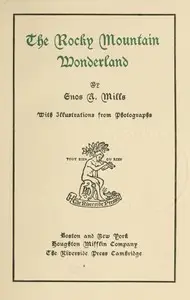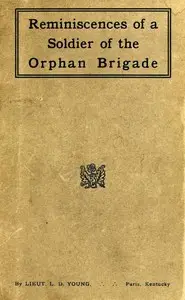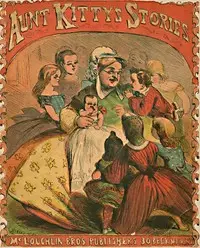"What Cheer; Or, Roger Williams in Banishment: A Poem" by Job Durfee is a historical poem written in the late 19th century. The narrative revolves around Roger Williams, a pioneering advocate for religious freedom who was banished from the Massachusetts Bay Colony for his beliefs. The poem explores the trials and tribulations he faces during his exile, shedding light on his character, struggles, and the broader themes of conscience and liberty. The opening of the poem introduces Williams in the midst of a harsh winter as he grapples with the difficult reality of exile. The scene is set with vivid imagery of his home in Salem, its defenses bolstered against the winter storm, and the emotional toll that his impending departure takes on him and his family. As a messenger from the Governor delivers the news of his banishment, Williams displays a steadfast spirit in the face of adversity. The poem captures his longing for friendship and support, ultimately revealing his deep commitment to the pursuit of a society defined by liberty of conscience, a theme that will unfold as the story progresses. (This is an automatically generated summary.)

What Cheer; Or, Roger Williams in Banishment: A Poem
By Job Durfee
"What Cheer; Or, Roger Williams in Banishment: A Poem" by Job Durfee is a historical poem written in the late 19th century. The narrative revolves aro...
Job Durfee was a politician and jurist from Rhode Island. Born at Tiverton, he graduated from Brown University in 1813 and was admitted to the bar and commenced practice in Tiverton. He was a member of the Rhode Island House of Representatives from 1816 to 1820, and was elected as a Democratic-Republican to the Seventeenth Congress and was reelected as an Adams-Clay Republican to the Eighteenth Congress, serving from March 4, 1821 to March 3, 1825. He was an unsuccessful candidate for reelection in 1824 to the Nineteenth Congress and for election in 1828 to the Twenty-first Congress; he was again a member of the State house of representatives from 1826 to 1829, serving as speaker from 1827 to 1829. He declined to be a candidate for reelection and resumed the practice of law; in May 1833 he was elected associate justice of the Rhode Island Supreme Court. He was chief justice from June 1835 until his death in Tiverton in 1847. As chief justice, he presided over the trial of the last person executed in Rhode Island, John Gordon. Durfee's interment was in the family burying ground at Quaker Neck, near Tiverton.













